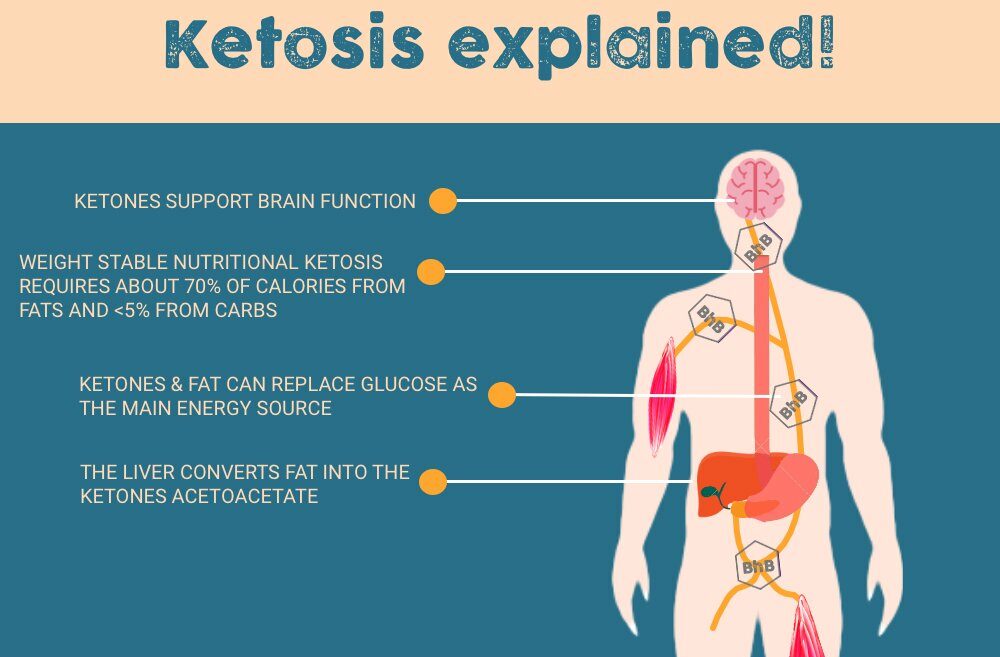Understanding Capsaicin
Capsaicin is an active component of chili peppers, part of the Capsicum family, which includes bell peppers, jalapeños, and other hot peppers. It binds to the sensory receptors in our skin that detect heat, tricking your body into thinking it’s experiencing extreme warmth.
How Capsaicin Works
When capsaicin binds to the vanilloid receptor subtype 1 (TRPV1), it causes an influx of calcium ions into the neurons, which translates to the sensation of heat or burning. This activity also leads to various physiological effects, which are the basis for many of its therapeutic applications.
Health Benefits of Capsaicin Supplements
Pain Relief
Capsaicin is widely recognized for its effectiveness in managing pain. It is particularly noted for reducing neuropathic pain and pain linked to conditions like arthritis and fibromyalgia. It works by depleting the amount of substance P, a neuropeptide that transmits pain signals to the brain.
Weight Loss
Research suggests that capsaicin can promote weight loss by increasing energy expenditure and fat oxidation. It may also reduce appetite, thereby decreasing caloric intake.
Cardiovascular Health
Capsaicin may improve heart health by reducing cholesterol levels, lowering blood pressure, and enhancing circulatory function.
Cancer Prevention
Some laboratory studies indicate that capsaicin can kill certain types of cancer cells, including prostate, pancreatic, and skin cancer.
Anti-inflammatory Properties
Capsaicin has anti-inflammatory effects, which may be beneficial for reducing inflammation in various conditions, such as arthritis and other inflammatory diseases.
Digestive Health
While capsaicin is known to cause digestive discomfort in some people, it can also help improve digestive health by increasing digestive fluid production and fighting bacteria linked to stomach ulcers.
Optimal Dosage of Capsaicin
The appropriate dosage of capsaicin can vary significantly depending on the condition being treated, the concentration of the supplement, and individual tolerance levels. Generally, doses range from 0.025% to 0.075% capsaicin in topical creams used for pain relief. Oral supplements typically range from 2 to 6 mg per day but can be higher depending on the formulation and purpose.
Factors Influencing Dosage
- Intended use: Higher doses are typically used for weight loss and metabolic support, whereas lower doses are sufficient for pain relief.
- Form: Capsaicin is available in capsules, creams, and as a bulk powder, which may affect the effective dosage.
- Individual health conditions: People with certain health conditions or those taking specific medications should consult with a healthcare provider to determine the safe dosage.
Potential Side Effects of Capsaicin
While capsaicin is generally safe when used in moderate amounts, excessive use can lead to several side effects:
- Skin irritation: Topical capsaicin can cause burning sensations, especially if used in high concentrations or on sensitive skin.
- Gastrointestinal discomfort: High doses of oral capsaicin may cause stomach pain, nausea, and diarrhea.
- Allergic reactions: Rare, but possible, including itching, redness, and swelling.
Precautions
- Pregnancy and breastfeeding: There is insufficient research to recommend the use of capsaicin during pregnancy or breastfeeding.
- Interactions with medications: Capsaicin might interact with certain medications, such as blood thinners and blood pressure drugs.
FAQs About Capsaicin Supplements
Who should consider taking capsaicin supplements?
Individuals looking for natural pain relief, those seeking to enhance weight loss, or anyone interested in the cardiovascular and anti-inflammatory benefits might consider capsaicin supplements. However, consulting a healthcare provider first is recommended.
Can capsaicin supplements replace my current medications?
While capsaicin supplements offer several health benefits, they should not replace medications prescribed by your doctor without a thorough discussion about your specific medical conditions.
How long does it take for capsaicin supplements to work?
For pain relief, some effects can be felt immediately, though it may take several weeks of regular application for the full benefits to manifest. Weight loss and other systemic effects might require prolonged use to become apparent.
Are there any foods that are particularly high in capsaicin?
Hot chili peppers are the most significant dietary source of capsaicin. The hotter the pepper, the higher the capsaicin content.
How should capsaicin supplements be stored?
Capsaicin should be stored in a cool, dry place out of direct sunlight to maintain its potency and prevent degradation.
Can capsaicin supplements cause high blood pressure?
On the contrary, capsaicin has been shown to help lower blood pressure in some studies, although it should be used cautiously by those already on blood pressure medication.
What should I do if I experience severe side effects from capsaicin?
Discontinue use and consult a healthcare provider immediately if severe side effects occur, especially if experiencing significant pain, swelling, or gastrointestinal issues.
Capsaicin supplements offer a range of potential health benefits, from pain relief to improved metabolic health. When used correctly, they can be a valuable addition to a health and wellness regimen. However, due to the potential for side effects and interactions, it’s advisable to consult with a healthcare provider before starting any new supplement, especially one as potent as capsaicin.
- Sculptra Surrey – Collagen Stimulation Therapy Near Woking, Surrey - May 22, 2025
- Jaw Slimming & Square Face Treatment Near Woldingham, Surrey - May 22, 2025
- Is The Craftsman Series Vape Better Than Disposable Vapes? - May 21, 2025




